The General Administration of Customs said on Friday morning that it will tighten examination measures for incoming travelers with a high risk of contracting monkeypox after the World Health Organization declared the monkeypox outbreak a public health emergency on Wednesday.
The administration said that for incoming travelers from countries and regions affected by monkeypox, those who have had contact with monkeypox patients or have experienced fever, headache, back pain, muscle aches, swollen lymph nodes, rash, mucosal lesions, and other suspicious symptoms should report their situation to customs officials upon entry.
Customs officials will take medical measures and carry out testing on them, the administration said in a circular.
The administration said that these prevention measures took effect immediately and will last six months. During this period, countries and regions newly identified by the WHO as experiencing monkeypox outbreaks shall be subject to the provisions of this notice.
For vehicles, containers, goods and other items from countries and regions seeing the spread of the disease, if they have been contaminated by the virus or are deemed at risk of contamination, customs authorities will carry out sanitary procedures on them, the administration added.
The WHO said on Wednesday that the monkeypox outbreak in Africa constitutes a public health emergency of international concern — its highest form of alert.
Data shows that 13 countries in Africa reported 17,541 cases of monkeypox and 517 related deaths this year as of August 9.
Congo alone reported 16,789 cases and 511 deaths.
The rising monkeypox cases in Africa prompted the WHO to declare a global emergency in July 2022. Still, the emergency status was lifted in May 2023 because of a sustained decline in international cases.
China classified monkeypox as a Class B infectious disease — on par with COVID-19 and AIDS — in September of last year.
The nation reported the first imported case in September 2022 and the first domestic case in June 2023.










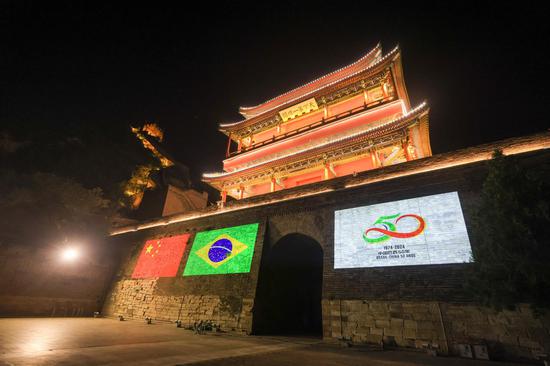


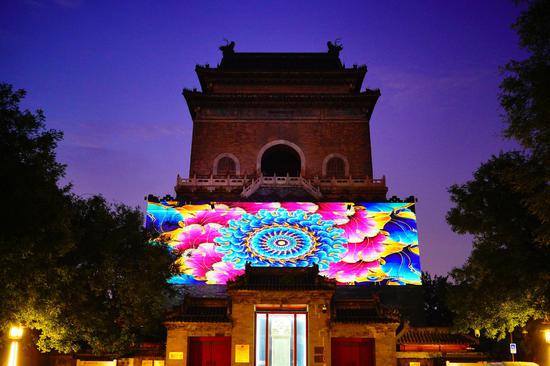

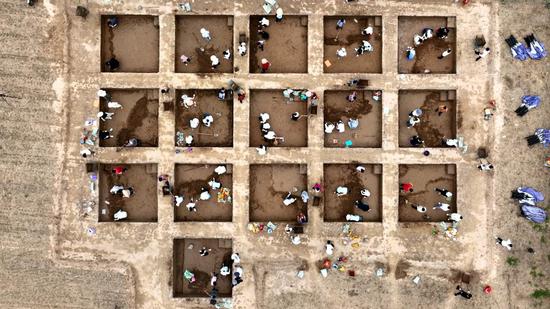
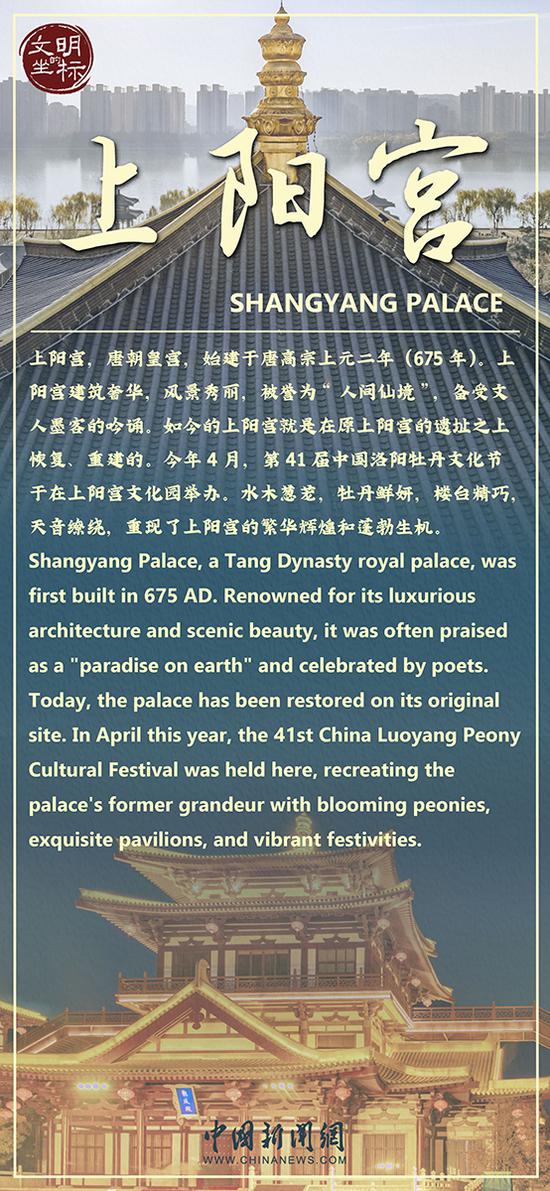












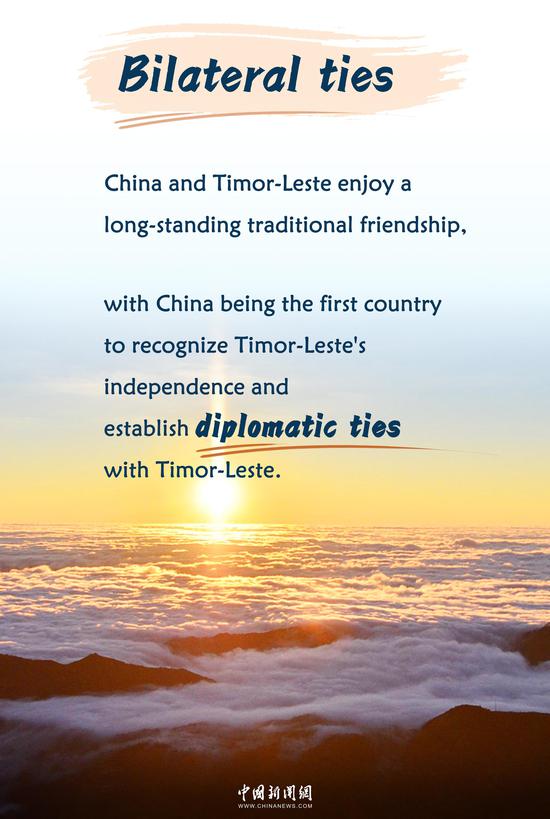
















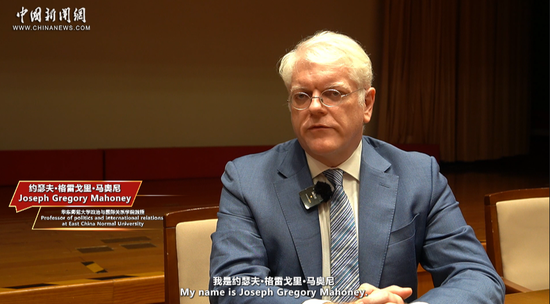

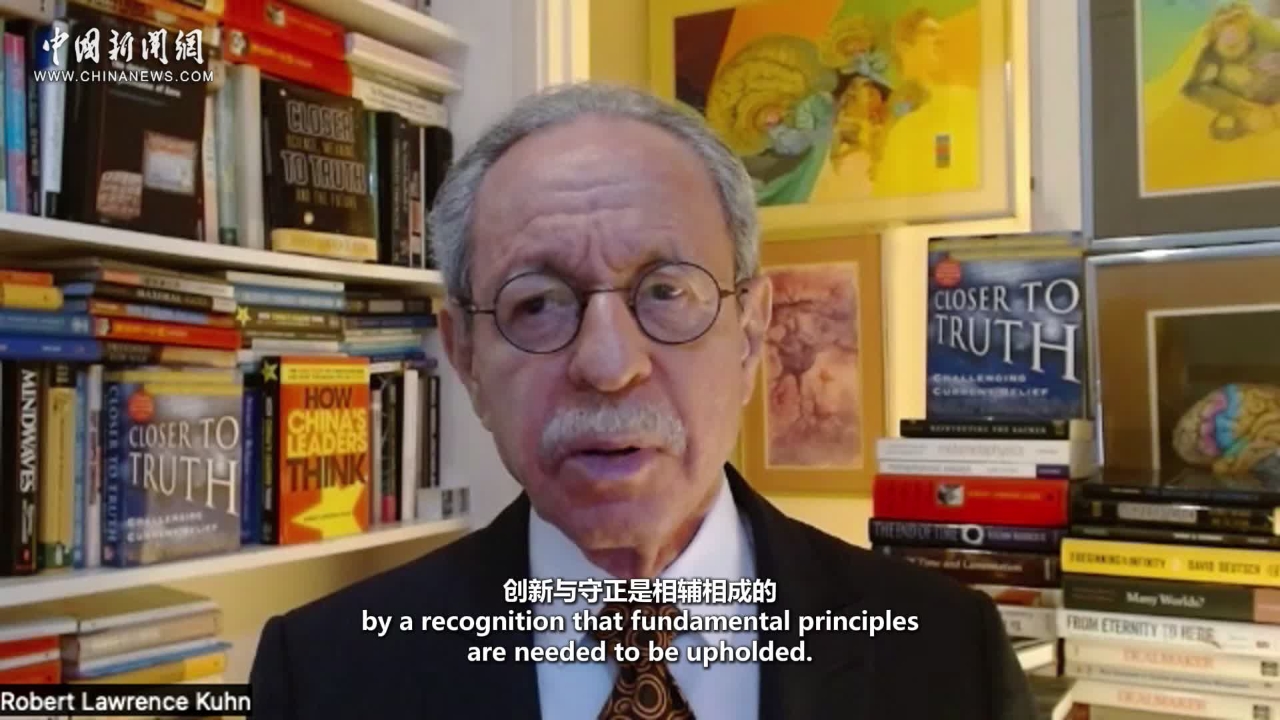

 京公网安备 11010202009201号
京公网安备 11010202009201号